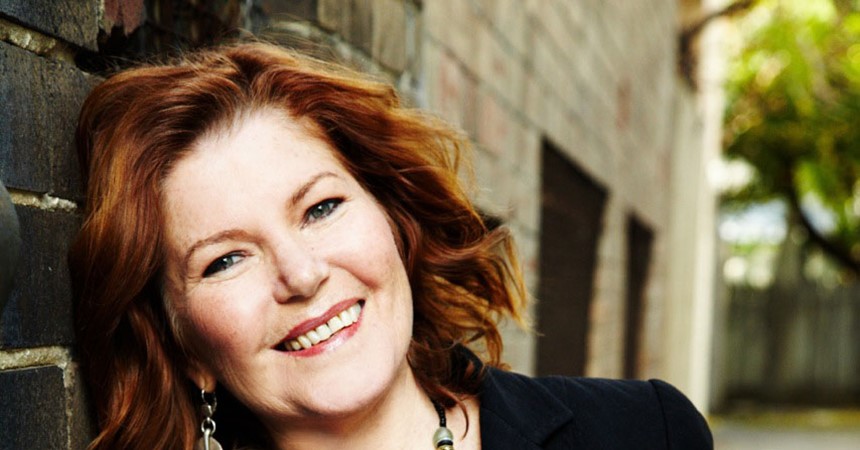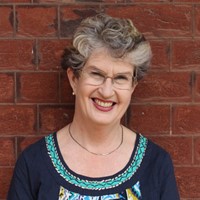While reading about writing can be a diversion from actually writing (I speak from experience), this friendly guide is replete with practical exercises to lead the would-be life writer to the blank page or the computer screen.
Patti has made the domain of life writing her own, and balances leading writing groups with her own writing. Writing True Stories is the next best thing to having her at your shoulder, encouraging and challenging you.
Her generous sharing of her earliest memory is emblematic of the script of her life. “My grandmother lived with us in one of our nest of rooms on the farm outside Wellington. When I was very young I would slip into bed with her and she would tell me stories of the family, who was connected to whom, who was related, and I would ask her questions about her life...I can't remember the details but I can remember the sensation, the dark room, the lovely warm feeling of being in bed with Gran, and the feeling that she was paying attention to me. I came from a family of eight, so to have one person paying attention just to you was a very rare and precious thing.”
Always an avid reader, Patti believed, even as a small child, that “to write books for other people to read must be the best thing to do in life. There's never been any real question about doing what I wanted to do. It always seemed important to me to follow your passion. I was brought up in a very religious, Catholic family, and we were very poor, so there was a strong conditioning against materialism. Somehow it was a very fine thing to be poor and material things weren't that important; but rather to follow what your soul wanted...”
There is one question that has preoccupied Patti Miller throughout life – at the checkout, in foreign lands, travelling on a train: What is it like for you to be in the world? It could be said that her classes and guides are designed to elicit answers to that question from myriad people. She admits that the majority of her students are women – “women are more emotionally courageous, the chroniclers, the storytellers” – and is chuffed by the fact that many of her groups continue to meet when the course has finished.
Her success is tribute to the fact that many people know the desire inside to record their story – for publication, for their grandchildren to know what it’s been like for them to be in the world or simply to gain a little immortality. Patti writes, “This is your chance to speak to the future.”
In recent years, Patti has developed “a passion for long distance walking − I keep on saying walking when I mean writing and vice versa but they are very similar. There's that setting out on an unknown journey, having to pay attention and going up the wrong track sometimes and having to circle back, hoping to get somewhere but not knowing where it is...” And to encourage you to walk, as well as write, Patti says, “When I'm writing a personal essay the ideas always come to me while walking.”
Patti Miller practises what she preaches, having written several books of what she calls creative nonfiction. “Creative nonfiction encompasses true crime and true thrillers, nature writing, history, some types of biography, travel or sojourn memoir, and the personal essay.” In her book, The Mind of a Thief, red-haired, ivory-skinned Patti shares the experience of learning that when her father told his children that their grandmother was “a blackfella’, he was right. “There’s no way I would have imagined I had Aboriginal ancestors. I could hear my heart beating.”
While it may not be true that ‘everyone has a novel in them’, Patti believes absolutely that “There is a story in everyone because we couldn't live without it. We need a story to make sense of our lives, we can't get up in the morning if we haven't a story that makes sense to us...”
What’s your story?
Patti Miller Writing True Stories Allen & Unwin 2017. Please click here.
Writing exercises: Memory
- Write your earliest memory. Rather than looking at the experience from the outside, immerse yourself in it. Write what you can see, feel, smell, hear. Let this memory flow on to other people who may have been there, the surroundings as you recall them. Remember, your memory is a poet, let it have its say.
- Draw a floor plan of the house you lived in as a child, then mentally wander through it. Go from room to room. As soon as you see something that catches your interest, stop. And start writing. Write about what you see, or what happened there, or who you’ve bumped into. If the writing stops, go back and have another wander.























































































